The movie follows the two-decade career of Daniel Plainview, (Daniel Day-Lewis) a self-termed “oil man” determined to succeed in the petroleum business. Plainview, by all accounts, is a sociopath who only cares about success, and is obsessed with destroying his competition. He abhors large oil companies such as Standard Oil; he begins the movie with a single oil well in the hills of California, using the profits from this well to buy more land to expand his oil empire. He eventually starts his own drilling company with his adopted son HW who, at age 10, serves as his business partner. Plainview’s career takes a monumental upswing when a young man tells him of a small, impoverished town in Southern California that has massive untapped oil fields. Daniel travels to the town and tricks the largest landowner into selling him all of his land for “partridge hunting.” Once Plainview confirms the existence of massive reserves of oil in the town, he goes to work.
Daniel Day-Lewis was absolutely fantastic in this movie, playing a deeply morally flawed man with rarely seen skill and finesse. Lewis’ body language speaks volumes as he surveys an oil field, with the camera focused on his face, his eyes practically glistening with greed. Day-Lewis’ intense acting style is perfect for Plainview’s obsessive character, as Plainview says in the movie “I have a competition in me. I want no one else to succeed. I hate most people.”
Plainview’s competitive personality is both his greatest ally and greatest enemy during the movie, as his obsessive attitude forces him to greater lengths than his competitors, driving him to lease one of the largest oil fields in Southern California. However, with each successive success, Plainview loses more and more of his humanity, much like Walter White, the high school chemistry teacher turned meth kingpin on the show Breaking Bad. Plainview becomes less and less sympathetic of a character as the film progress, neglecting his young son, attacking people who speak against him, and generally disregarding the damage he causes to the people around him. By the end of the film Plainview is a wildly wealthy man, but a bitter alcoholic and a monster.
This movie is perfect for people who people who enjoyed shows such as Breaking Bad, which depicts how men can lose their humanity in the pursuit of success. By the end of the film, Plainview is almost unrecognizable, the shell of the man he was. This film can be a little tedious, due to long landscape shots with no dialogue, but if you are determine and patient, this film will absolutely amaze and shock you.
Grade: A-
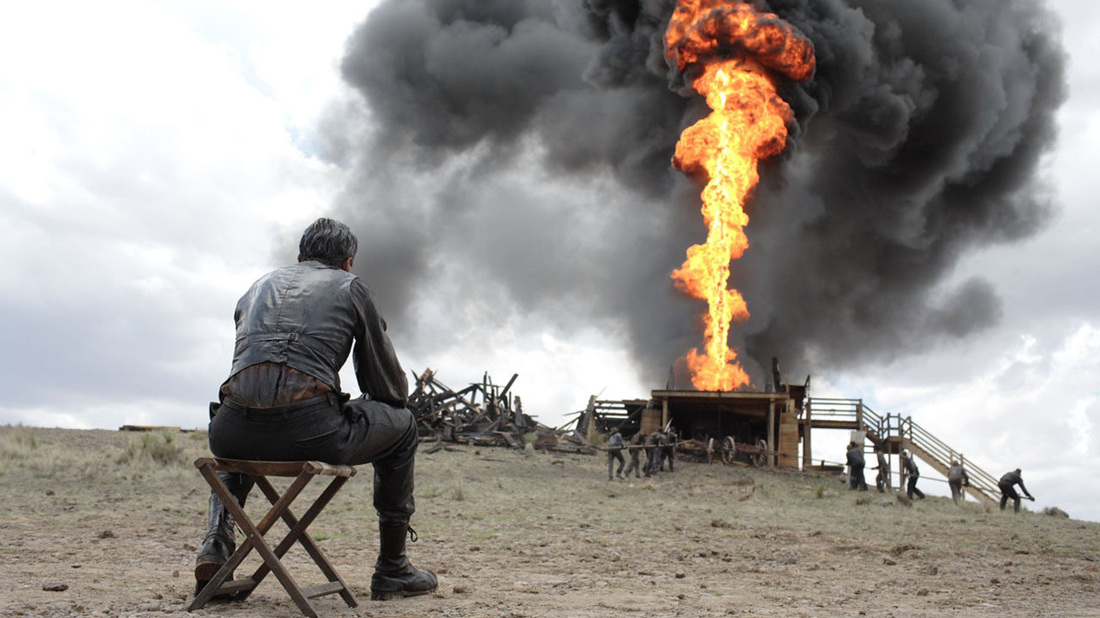
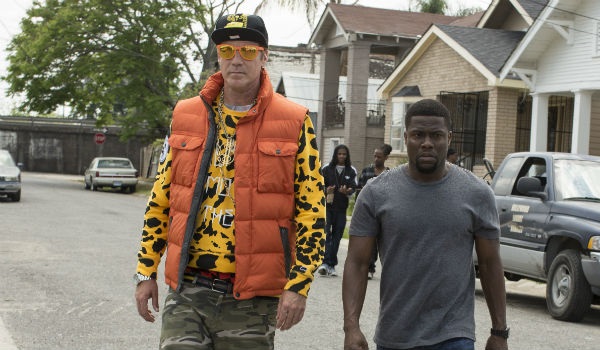
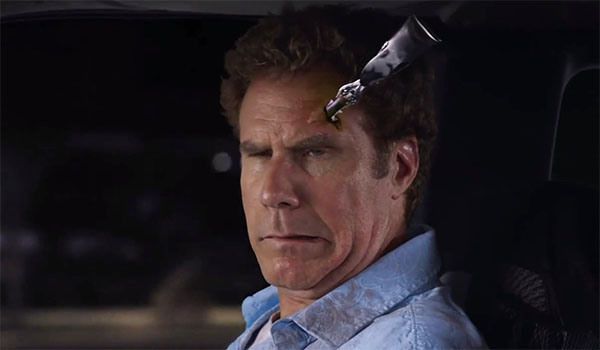
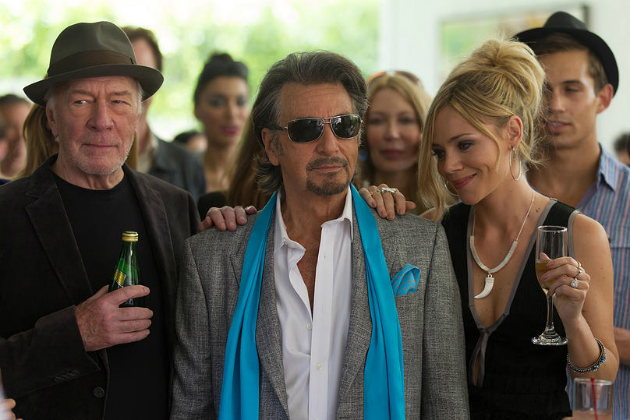
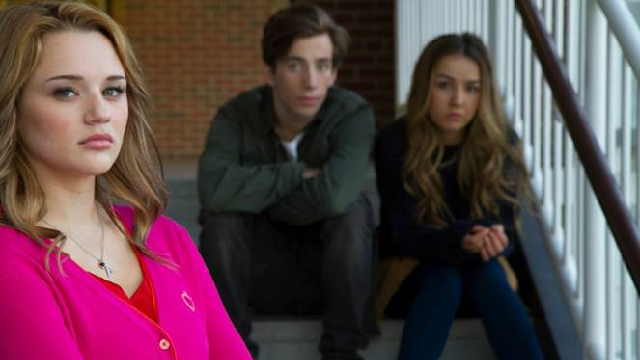
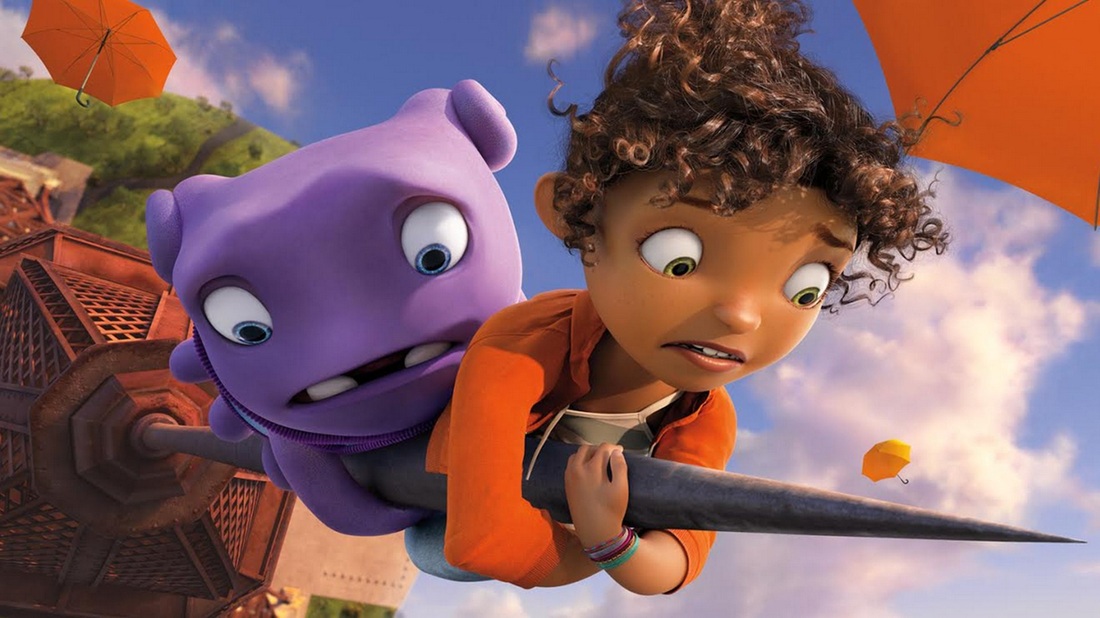
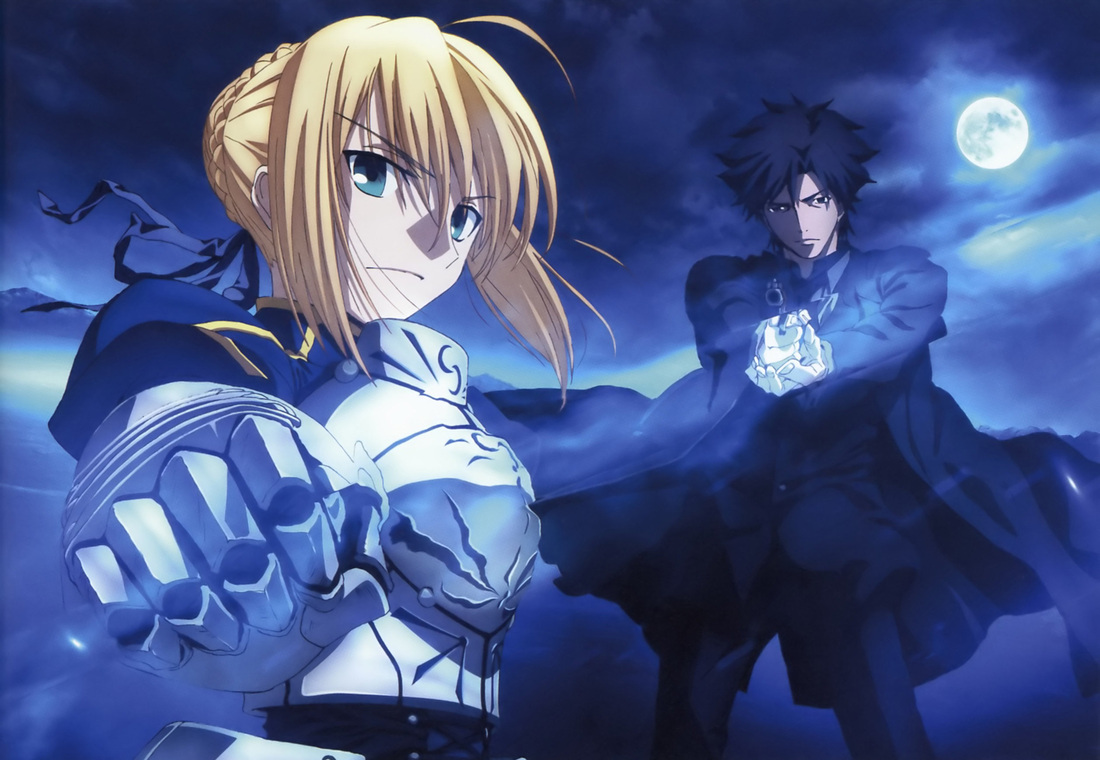
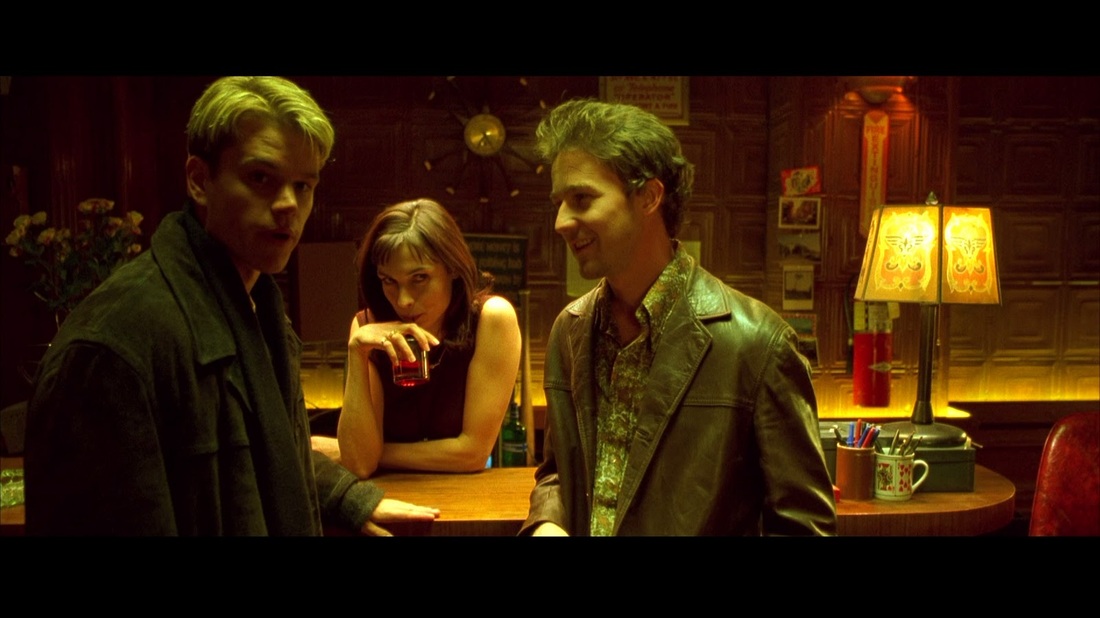

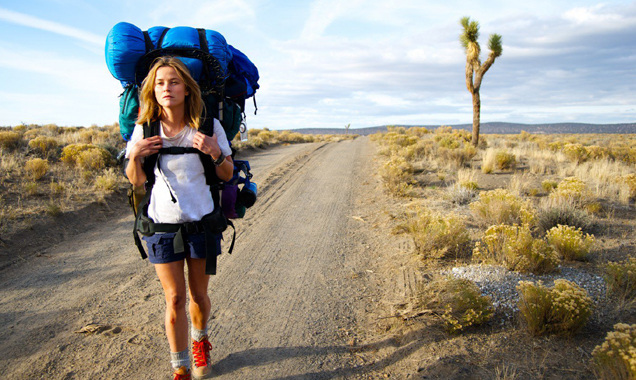
 RSS Feed
RSS Feed
